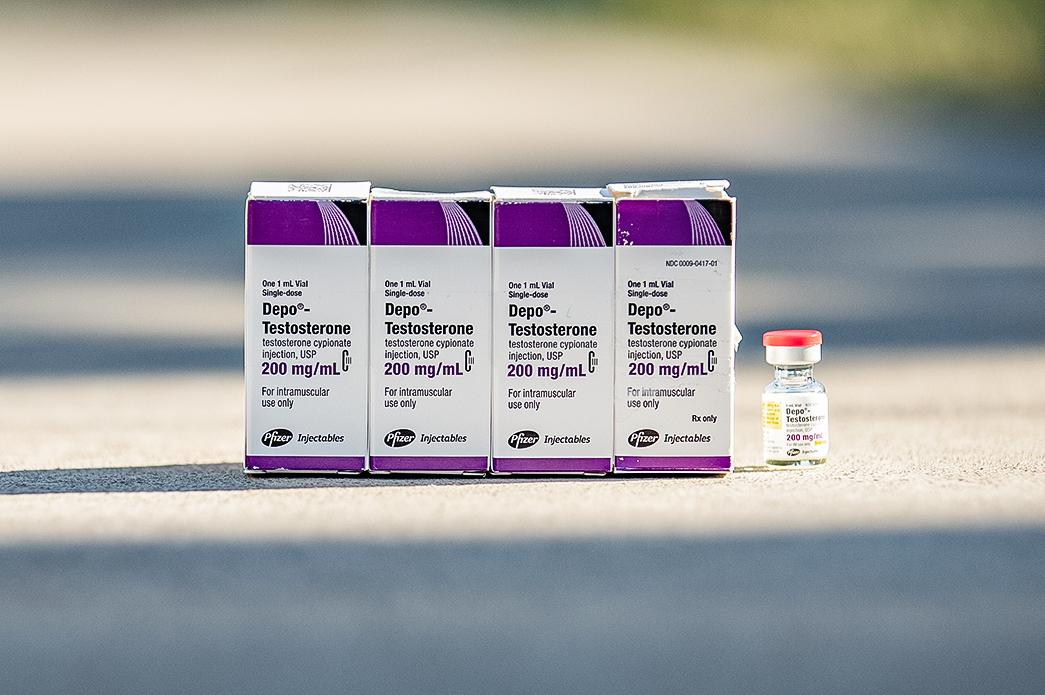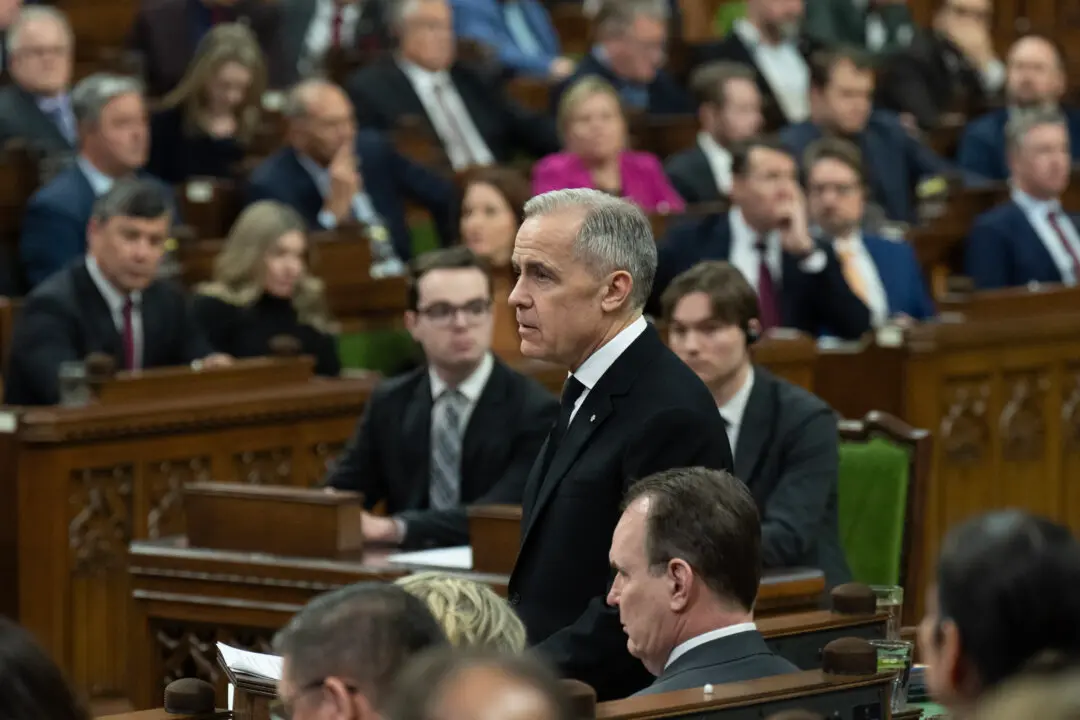Canada is the most permissive country in the world regarding legal and medical gender transition processes for minors, a new report has found.
Canadian policies tend to be less strict than those in Northern and Western European countries, according to the findings of a landmark study series from the Calgary-based Aristotle Foundation for Public Policy and Do No Harm, a group of health-care professionals and policymakers who advocate for keeping identity politics “out of medical education, research, and clinical practice.”





